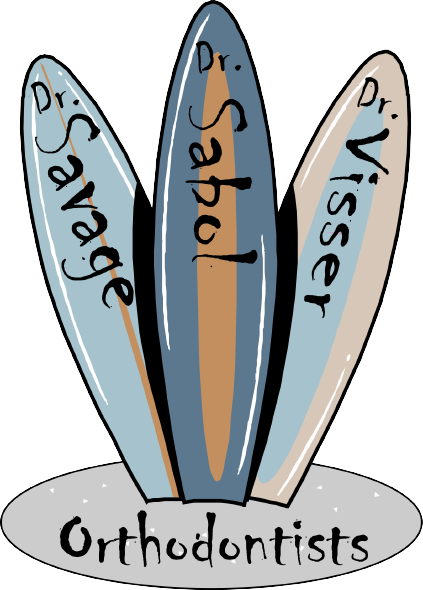There are times when your regular dentist may refer you to a specialist. One of the most common referrals for children, teens, and adults is for you to see an orthodontist. But what exactly is an orthodontist, and why should you see one? If you look up an orthodontist definition online or in a dictionary, you’ll find that it is an individual who is qualified to treat abnormalities in the jaws and teeth. This doesn’t provide a lot of specific information, so let’s take a closer look at this oral health professional.
What is the Difference Between an Orthodontist and a Dentist?
The most common question that comes to mind after looking at an orthodontist definition is, “How is an orthodontist different from a dentist?” After all, both seem to manage issues with your teeth and jaws. The easiest way to understand the difference is to think about your family physician and specialists that help with your care. Similarly, your general dentist has a good, yet very broad, understanding of your teeth, gums, and jaws. An orthodontist, on the other hand, has more in-depth knowledge to diagnose and treat problems that involve your teeth and jaws.
What Education Does an Orthodontist Have?
Every orthodontist starts out as a general dentist who is a Doctor in Dental Surgery (DDS) or Doctor of Medicine in Dentistry (DMD). The individual then chooses to pursue a specialty in orthodontics. This requires the completion of a residency program that is typically two to three years long. During this time, the person is “in clinic” and supervised by an orthodontist. After completing the residency program, the person receives a certificate of specialty in orthodontics.
What Certifications are Required to Be an Orthodontist?
The required certification for being an orthodontist is what is received after the residency program. Only university trained and certified orthodontists are eligible for membership in the American Association of Orthodontist (AAO). When looking for orthodontic treatment be sure your doctor is a member of the AAO to insure you are receiving the best care possible.
What Kinds of Continuing Education Does an Orthodontist Do?
The field of orthodontics is always evolving. There are new techniques and technologies being developed, as well as patient cases that influence standards of care. Continuing education is optional, and pursuing knowledge beyond the basic requirements is a good sign that the orthodontist is committed to the field. Some of the topics that may be covered with continuing education are:
- Management of temporomandibular dysfunction
- Sleep apnea
- Early childhood disorders of tooth and jaw development
- Soft tissue disorders
- Orthodontic appliances
- Treatment in adulthood
What Licenses Does an Orthodontist Have?
At a minimum, an orthodontist needs to be licensed through your state’s licensing board. Some jurisdictions require other types of licenses for orthodontists. The orthodontist may only need a license as a general dentist, or your state may require dual licensure as a general dentist and orthodontist or dental specialist.
Where Do I Find an Orthodontist Near Me?
When you are considering orthodontic care for yourself or your child, entrust treatment to a qualified, experienced orthodontist who is committed to advancing quality of care and the field of orthodontics. Contact us today to schedule an appointment with Dr. Savage, Dr. Sabol, or Dr. Visser.













